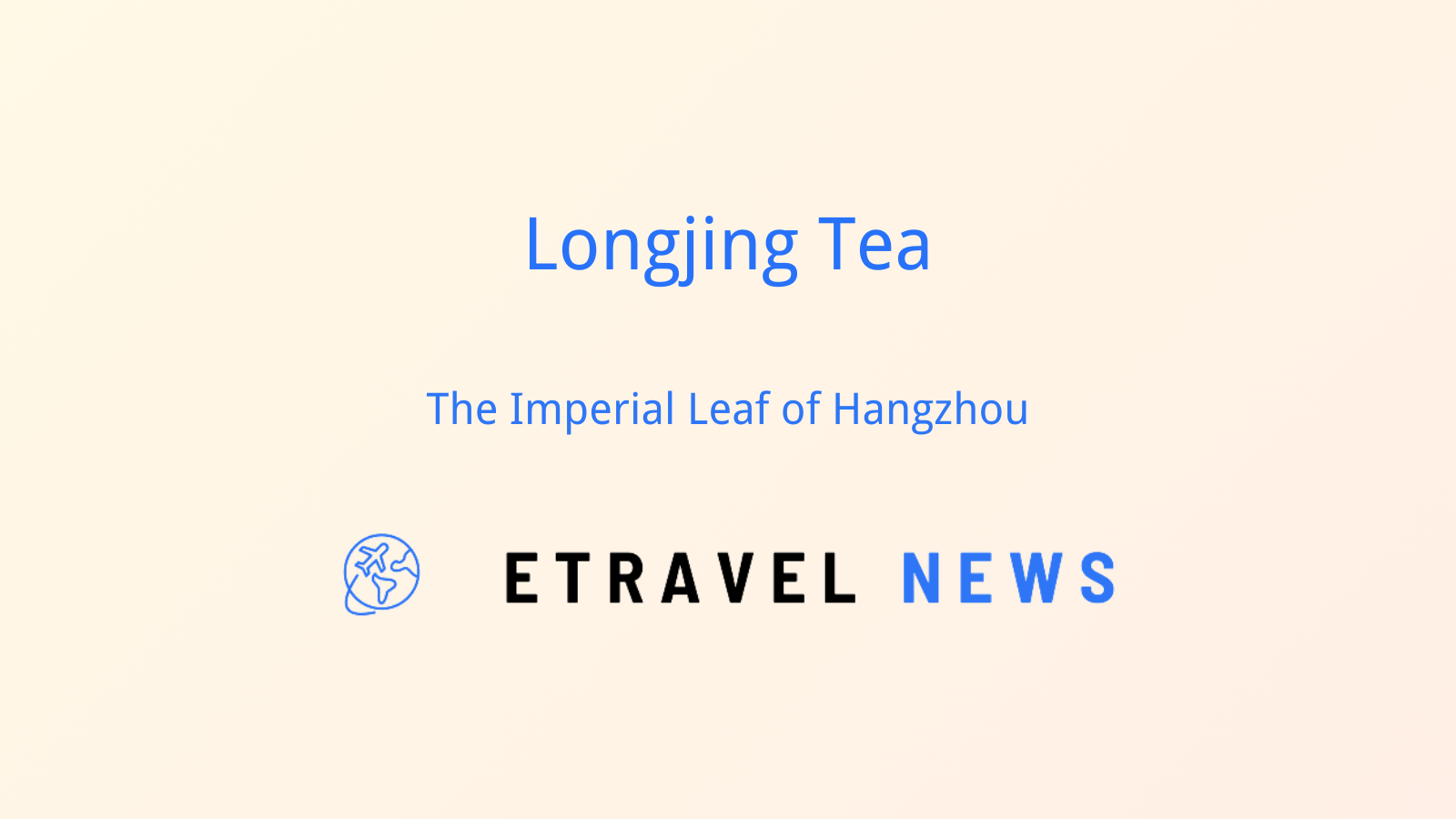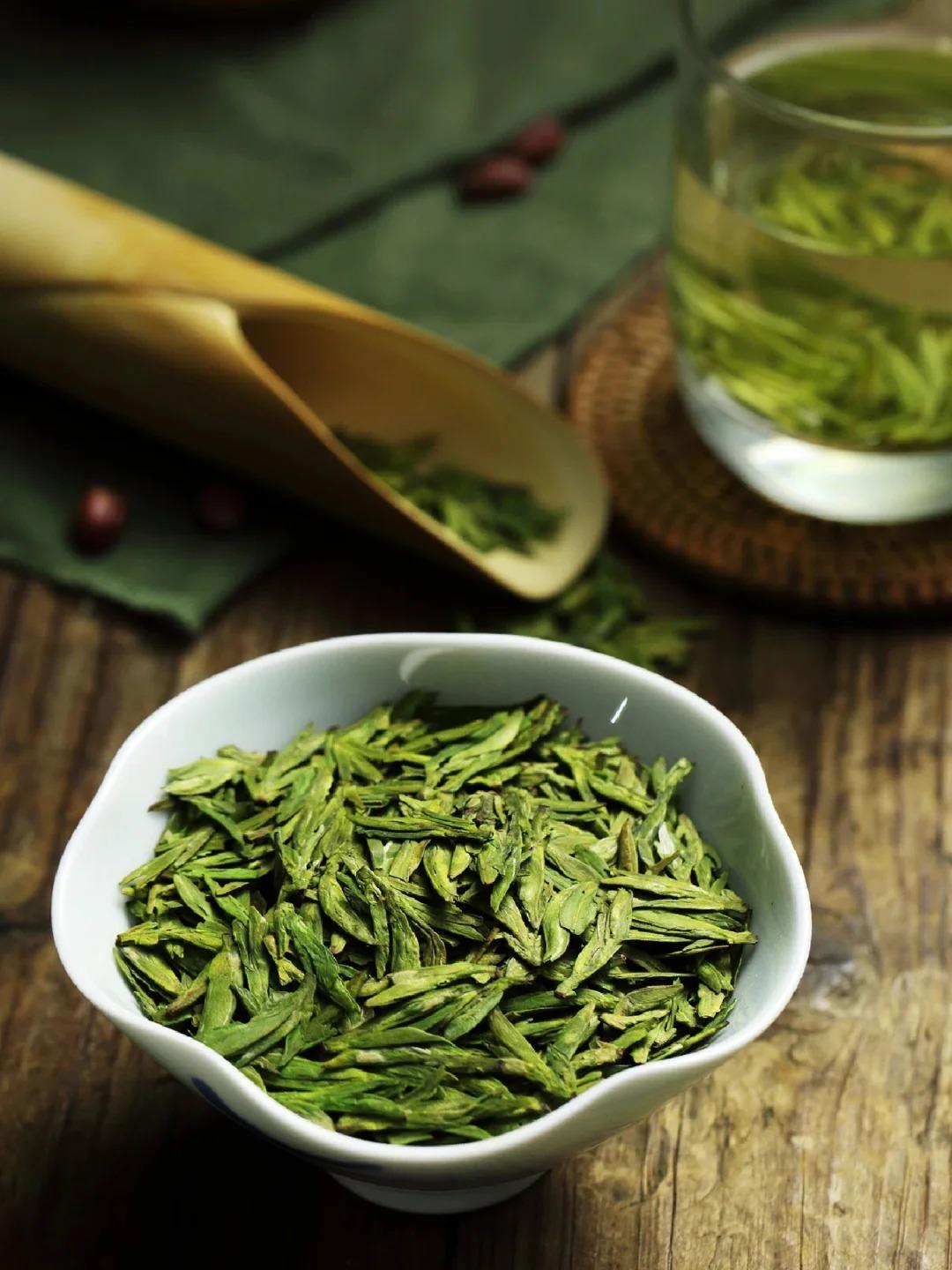Introduction to Longjing Tea
Longjing tea, also known as Dragon Well tea, is a prestigious variety of green tea that hails from the picturesque West Lake region of Hangzhou, Zhejiang Province. Renowned for its delicate flavor, distinctive flat appearance, and rich cultural significance, Longjing tea has earned its place as one of China’s most celebrated teas.
| Longjing Tea Quick Facts | |
|---|---|
| Origin | Hangzhou, Zhejiang Province |
| Tea Type | Green Tea |
| Harvest Season | Spring (pre-Qingming is prized) |
| Notable Characteristics | Flat leaf shape, jade color |
Historical Background
The history of Longjing tea is steeped in legend and imperial favor. One popular tale recounts how a Qing Dynasty emperor, upon visiting a temple near West Lake, was so impressed by the local tea that he granted it imperial status. This royal endorsement catapulted Longjing to fame, cementing its place in Chinese tea culture.
Key historical points:
- Cultivation dates back to the Tang Dynasty (618-907 AD)
- Gained imperial favor during the Qing Dynasty (1644-1912)
- Became a tribute tea, presented to emperors as a gift
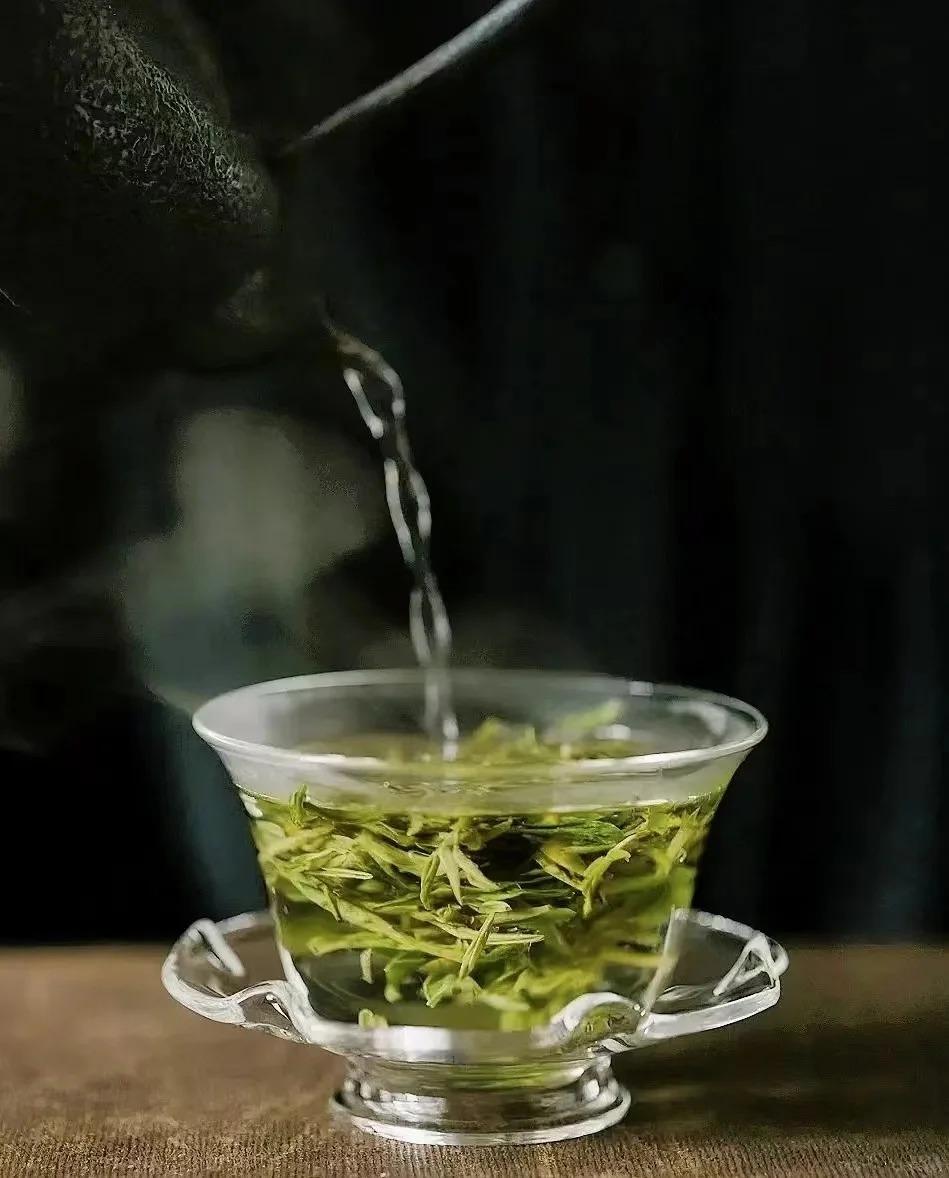
Characteristics and Production
Longjing tea is distinguished by its:
- Flat, smooth leaves resembling bamboo shoots
- Jade green color
- Mellow, slightly sweet flavor with chestnut notes
- Fresh, lingering aroma
Traditional Production Process:
- Hand-picking of young buds and leaves
- Withering to reduce moisture content
- Pan-firing in woks to stop oxidation
- Pressing and shaping leaves by hand
- Final drying to lock in flavor and aroma
This meticulous process ensures the tea’s unique characteristics and quality.
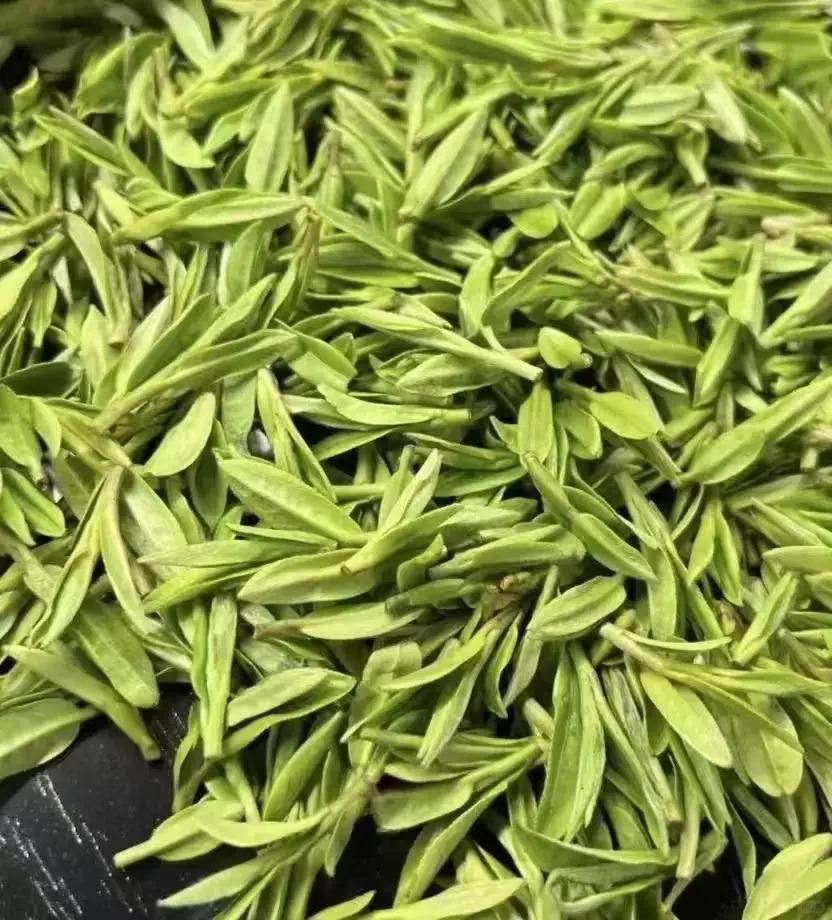
Health Benefits
Longjing tea is not only a delight to the senses but also offers potential health benefits:
| Nutrient | Potential Benefits |
|---|---|
| Catechins | Antioxidant properties |
| L-theanine | Stress reduction, improved cognition |
| Vitamin C | Immune system support |
| Fluoride | Dental health |
While research is ongoing, regular consumption of Longjing tea may contribute to overall well-being and is often associated with longevity in traditional Chinese medicine.
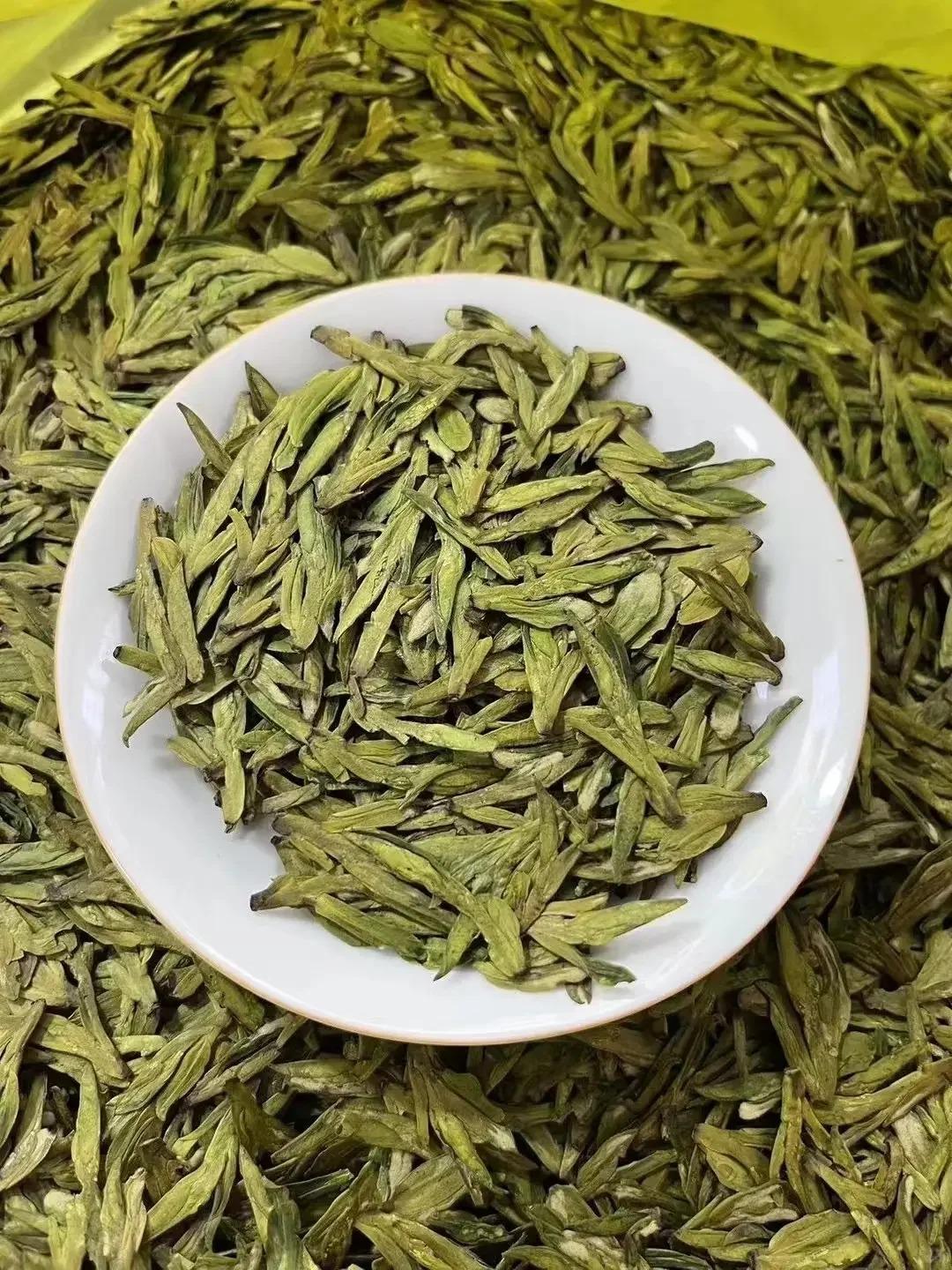
Longjing Tea Culture
The art of brewing and enjoying Longjing tea is an integral part of Chinese tea culture:
Brewing Technique:
- Use water at 80°C (176°F)
- Steep for 1-2 minutes
- Use clear glass to appreciate the leaves’ dance
In social settings, offering Longjing tea is a gesture of hospitality and respect. The tea ceremony, with its focus on mindfulness and appreciation, reflects broader Chinese cultural values of harmony and balance.
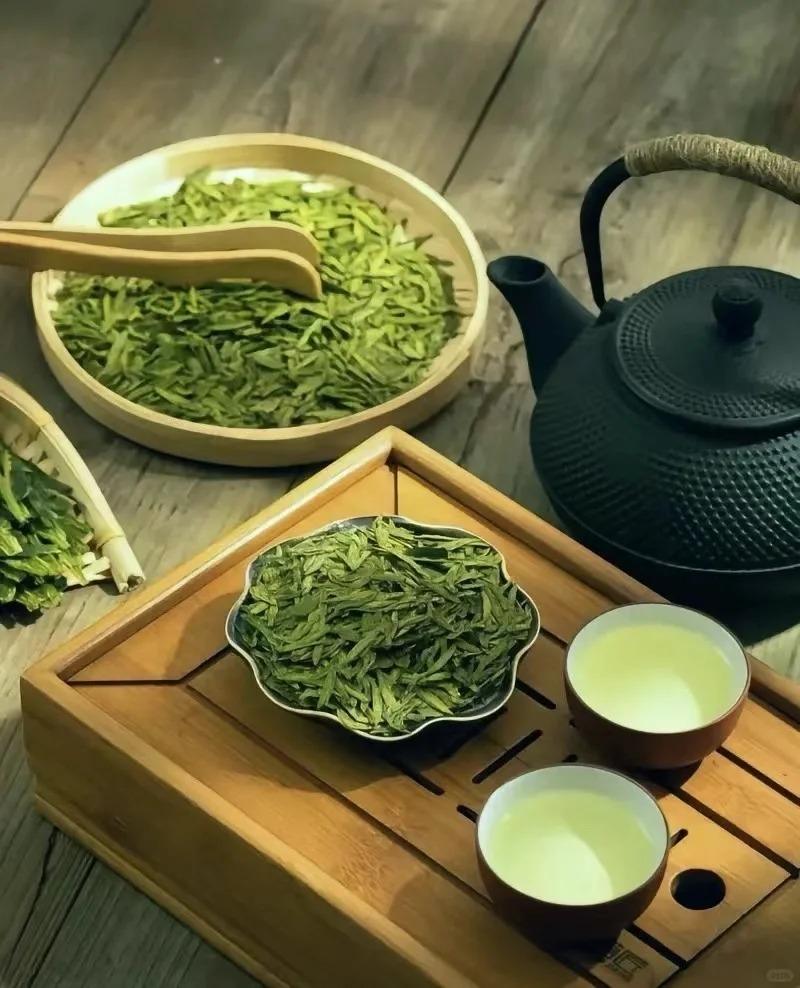
Visitor’s Guide to Longjing Village
For tea enthusiasts, a visit to Longjing Village offers an immersive experience:
Best Times to Visit:
- Spring (March to May) for the tea harvest
- Autumn for pleasant weather and scenic beauty
Must-See Attractions:
- Meijiawu Tea Village for plantation tours
- China National Tea Museum for historical context
- Longjing Tea Culture Park for panoramic views
Visitors can participate in tea picking, learn traditional processing methods, and enjoy tastings amidst the lush, terraced hillsides.
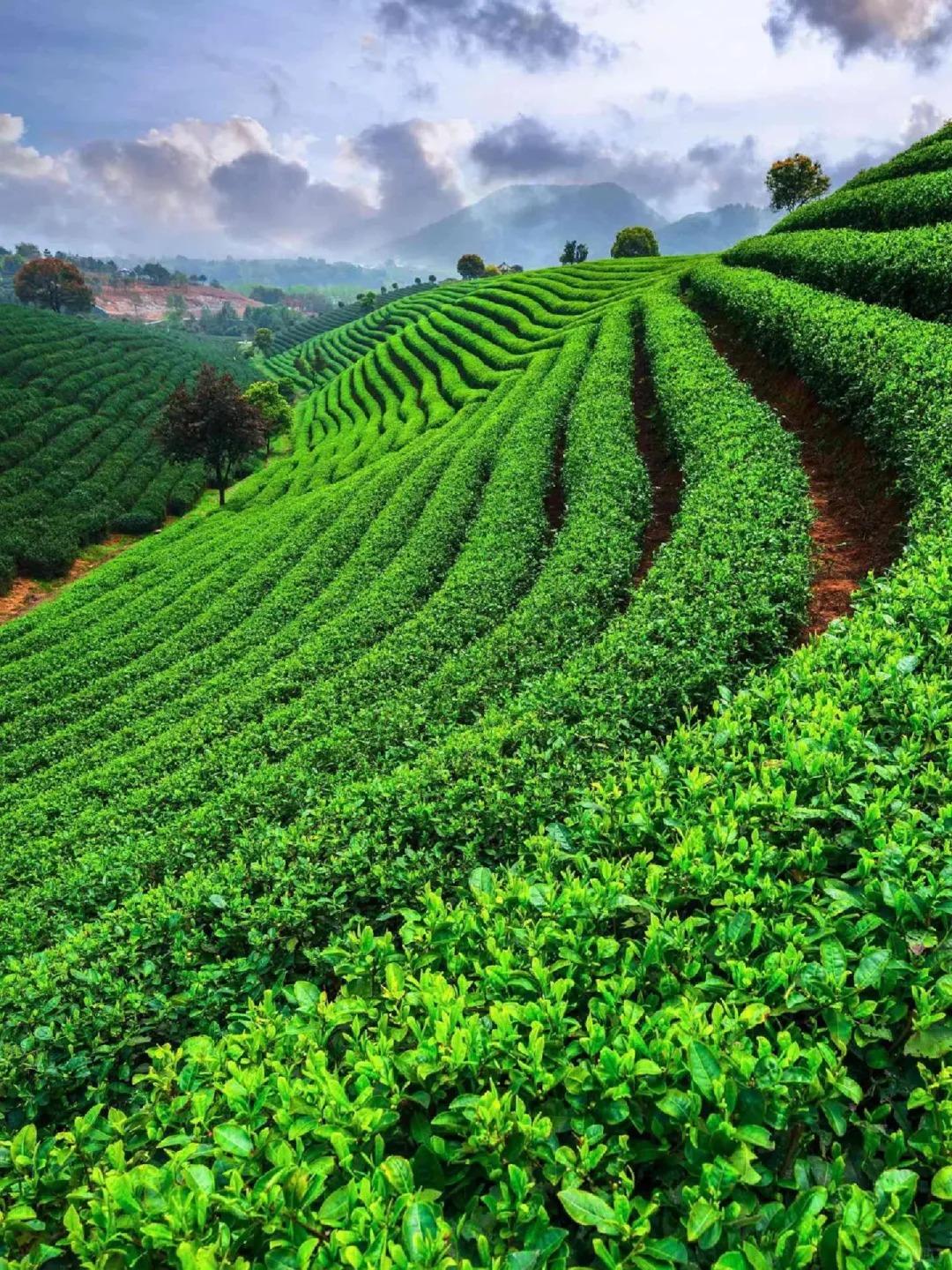
Buying and Enjoying Longjing Tea
To ensure an authentic Longjing tea experience:
Purchasing Tips:
- Buy from reputable sources in Hangzhou or specialized tea shops
- Look for the protected geographical indication label
- Pre-Qingming (before April 5) harvest is considered premium
Storage and Preparation:
- Store in an airtight container away from light and moisture
- Use about 3 grams of leaves per 150ml of water
- Resteep the leaves 2-3 times, adjusting steeping time
Food Pairings:
- Light, subtle flavors complement Longjing well
- Try with steamed fish, fresh fruits, or delicate pastries
In conclusion, Longjing tea is more than just a beverage; it’s a window into centuries of Chinese culture and craftsmanship. Whether sipped in a bustling teahouse in Hangzhou or brewed quietly at home, each cup of Longjing tea carries with it the essence of its storied past and the artistry of its makers. As you explore the world of Longjing tea, take a moment to appreciate not just its flavor, but the rich tapestry of history and tradition in every leaf. Let each sip transport you to the misty hills of West Lake, where this extraordinary tea has been nurturing body and soul for generations.


